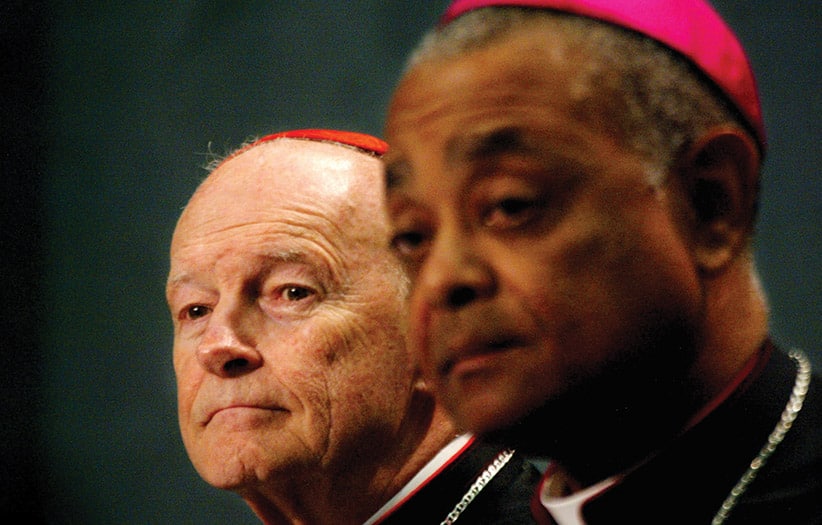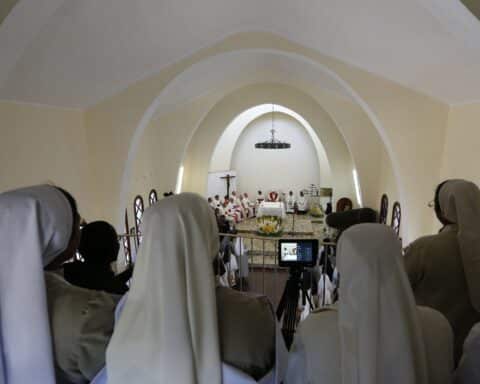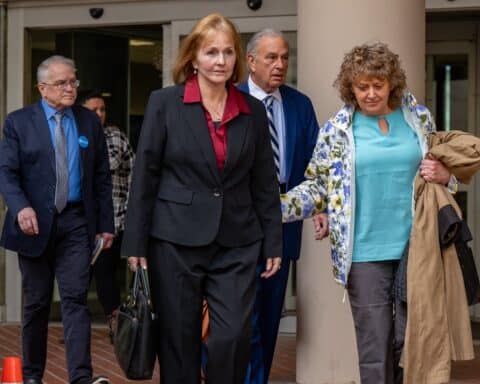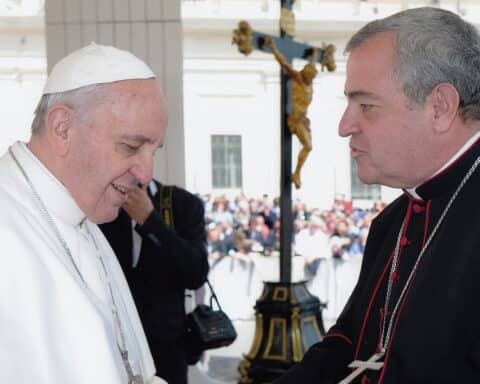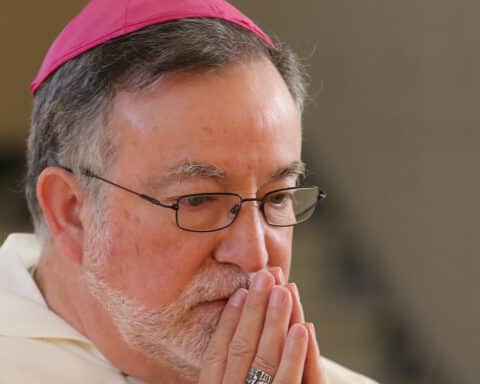It may seem crazy to speak of bright spots in the current crisis facing the Catholic Church. The scandal surrounding Archbishop Theodore McCarrick and the recent grand jury report documenting seven decades of clergy sexual abuse and cover-ups across six dioceses in Pennsylvania have brought the Church in the United States to its knees. So, admittedly, the bright spots are few in number and not terribly bright — in no way comparable to the harm this dreadful chapter has done. But there are bright spots, and we do well to recognize them.
The brightest of them, with regards to the McCarrick case, is that — finally — bishops took the lead in making the bad news public instead of suppressing it.
Credit Cardinal Timothy Dolan and the Archdiocese of New York with getting the ball rolling back in June by announcing that a Church inquiry had found allegations that then-Msgr. McCarrick had sexually abused a teenage boy 47 years ago to be credible.
To be sure, in making this announcement, Cardinal Dolan was only doing what he was obliged to do under the terms of the U.S. bishops’ procedures for handling cases of clergy sex abuse. But that’s just the point: The system worked. For that at least let’s give thanks.
I give rather less credit to the Archdiocese of Newark and the Diocese of Metuchen for chiming in with the news that years ago they reached settlements in two of three cases involving charges of sexual misconduct with adults by Archbishop McCarrick when he served as ordinary there in the 1980s and ’90s.
It is good that the New Jersey archdiocese and diocese said what they did, but it would have been a lot better if they had told others much earlier — including the Archdiocese of Washington, where Archbishop McCarrick was archbishop from 2000-06.
Credit Pope Francis with moving swiftly to accept Archbishop McCarrick’s resignation as a cardinal and ordering him to follow “a life of prayer and penance” pending the outcome of a Church trial.
It’s a bright spot too that, as far as can be judged from the tone of their rhetoric, bishops who have spoken up about the new revelations are genuinely shocked and angry. That holds for Cardinal Daniel DiNardo, president of the U.S. Conference of Catholic Bishops, who sounded truly irate in his statement declaring that the USCCB would do everything it could to dig out the facts of this case. “One way or the other, we are determined to find the truth in this matter,” he said.
In the wake of the Pennsylvania report, Cardinal DiNardo issued an additional statement and articulated three goals: “an investigation into the questions surrounding Archbishop McCarrick; … an opening of new and confidential channels for reporting complaints against bishops; and … advocacy for more effective resolution of future complaints. These goals will be pursued according to three criteria: proper independence, sufficient authority, and substantial leadership by laity.”
Cardinal DiNardo added, “The overarching goal in all of this is stronger protections against predators in the Church and anyone who would conceal them, protections that will hold bishops to the highest standards of transparency and accountability.”
And it’s encouraging that a number of bishops have called for a creation of a new panel or board to investigate not only the McCarrick case but any future allegations of sexual misconduct by bishops. Some such body is undoubtedly needed now — not least, as part of the effort to reestablish the credibility of the bishops in light of the latest scandal.
As that suggests, though, it would be a serious mistake to limit membership on this body to bishops. Membership by priests, religious and laypeople is essential. A bishops-only approach would reflect the clericalist style apparently operative in Archbishop McCarrick’s rise to the topmost levels of the hierarchy despite the rumors and allegations concerning him.
The whole Church, lay members included, is suffering grievously right now, and it’s going to take more than the clericalist paternalism of the past to set things right with an understandably outraged laity. If that simple lesson, sounding a death knell for clericalism, finally sinks in on Church leaders, that will be the brightest bright spot of all.

